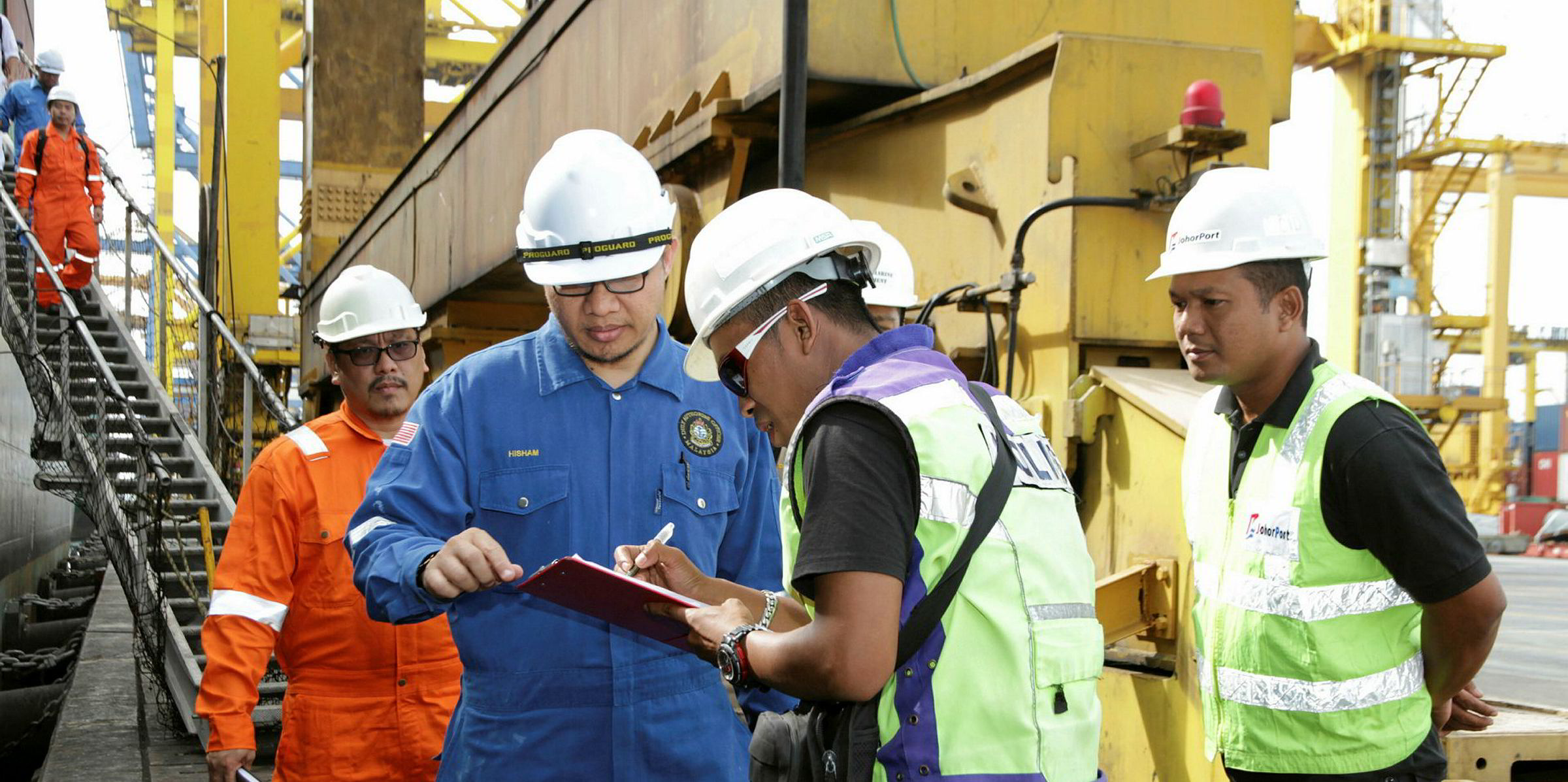Shipping’s largest, most diverse lobby group says IMO proposals to amend the Marpol convention as part of an energy-efficiency drive are an “unacceptable dilution of safety requirements”.
Nine associations headed by the International Chamber of Shipping (ICS) are speaking out amid concern that efforts to create more fuel-efficient ships will result in underpowered vessels that are unable to handle emergency situations or extreme heavy seas.
They claim that the proposed amendments to Marpol Annex VI would in effect remove the 2013 interim guidelines on minimum power that were introduced as part of the IMO’s Energy Efficiency Design Index (EEDI) requirements to improve fuel efficiency.
The latest changes have been proposed because of technical evidence that under current EEDI parameters, shipowners will not be able to meet the efficiency targets.
Fewer emissions
The interim guidelines were introduced because it was feared ship designers would simply reduce installed power to achieve the efficiency targets set out in the EEDI. The index rates ship efficiency based on a calculation that considers the ratio of installed power and cargo carried. Ships with lower installed power burn significantly less fuel and so produce fewer emissions.

Should the amendments be passed, “the only regulatory requirement addressing minimum power would be removed”, the lobby group said.
“There would be no regulatory requirement to provide a minimum level of power to manoeuvre safely in adverse conditions and as a result, inter alia, no guidance as to what level of reserve power should be provided.
“Ship safety should not be optional. All ships should be required to be provided with defined levels of minimum power in order to manoeuvre safely in adverse conditions.”
The group has submitted a paper for consideration at next month’s IMO Marine Environment Protection Committee (MEPC) meeting in London.
“The co-sponsors consider that the levels of minimum power required by the 2013 interim guidelines are sufficient to ensure that ships are provided with a safe level of installed power and that they must be retained until work to develop final guidelines is completed,” the paper said.
The lobby group suggests that the IMO has chosen to remove the interim guidelines from Marpol Annex VI because the working group that is drawing up the final guidelines has uncovered difficulties and complexities in the process.
If adopted, the amendments would make safety an “optional” consideration for ship designers, the group warns.
It regards a minimum power requirement as a safety matter that should be considered by the IMO’s Maritime Safety Committee rather than the MEPC, which is more involved with improvements in emissions performance.
The MSC does not meet again until next year.





